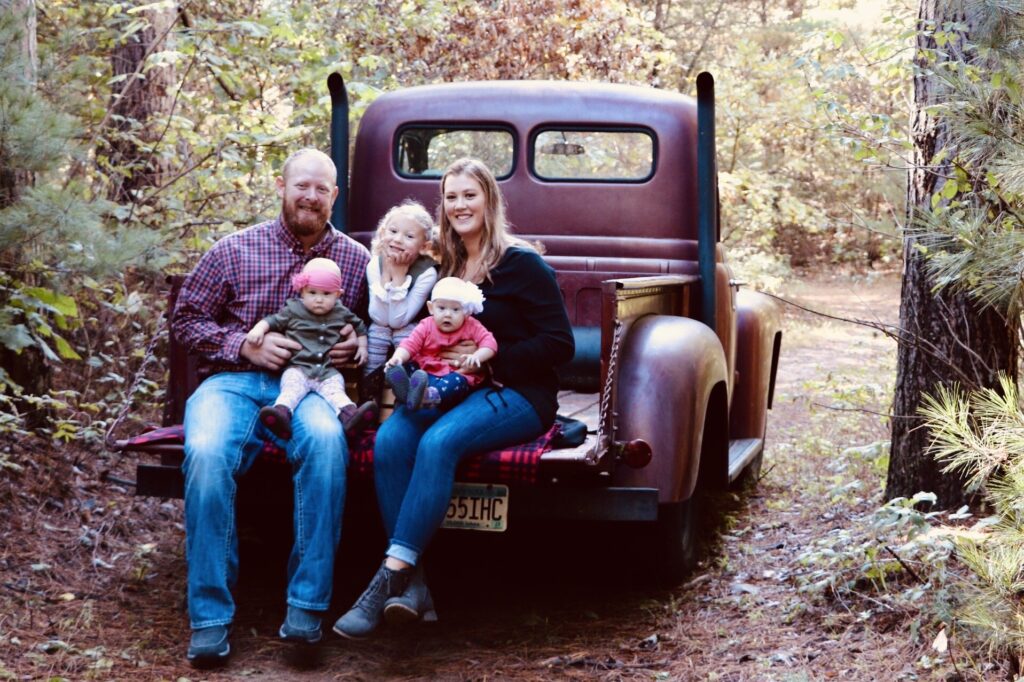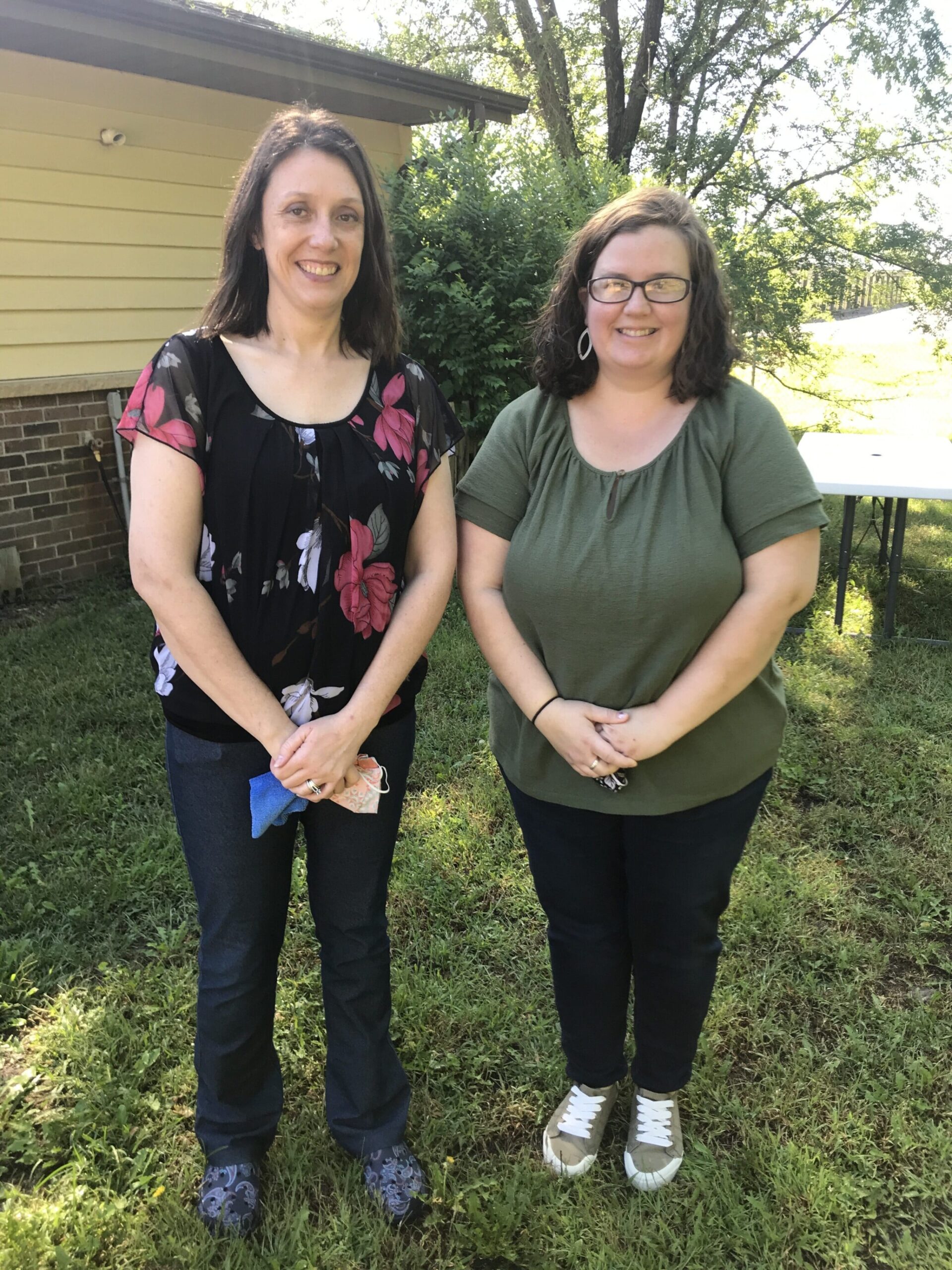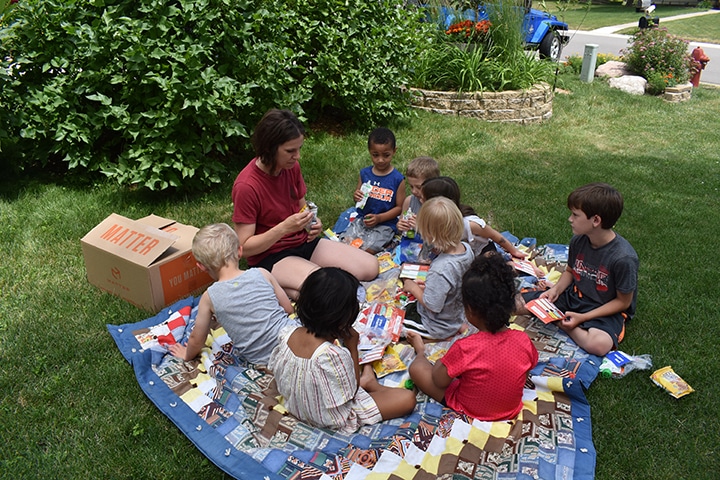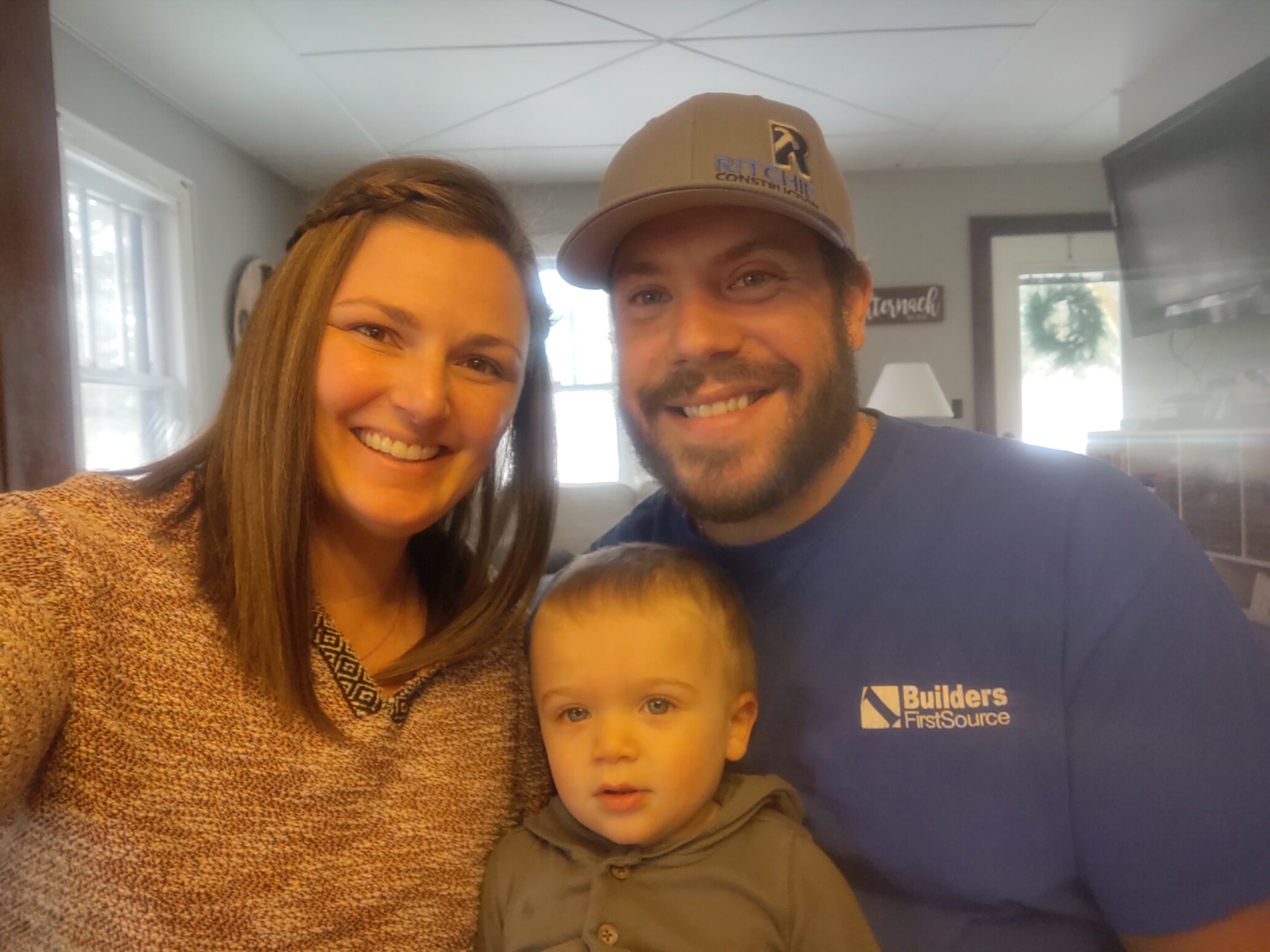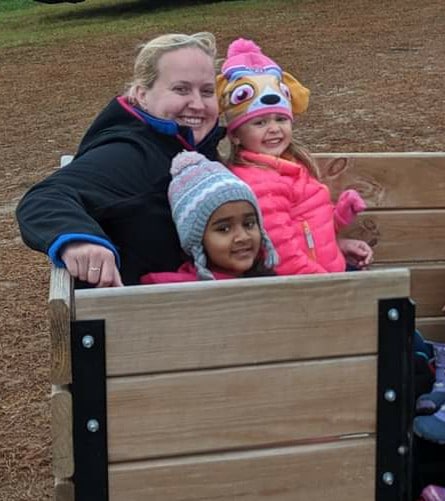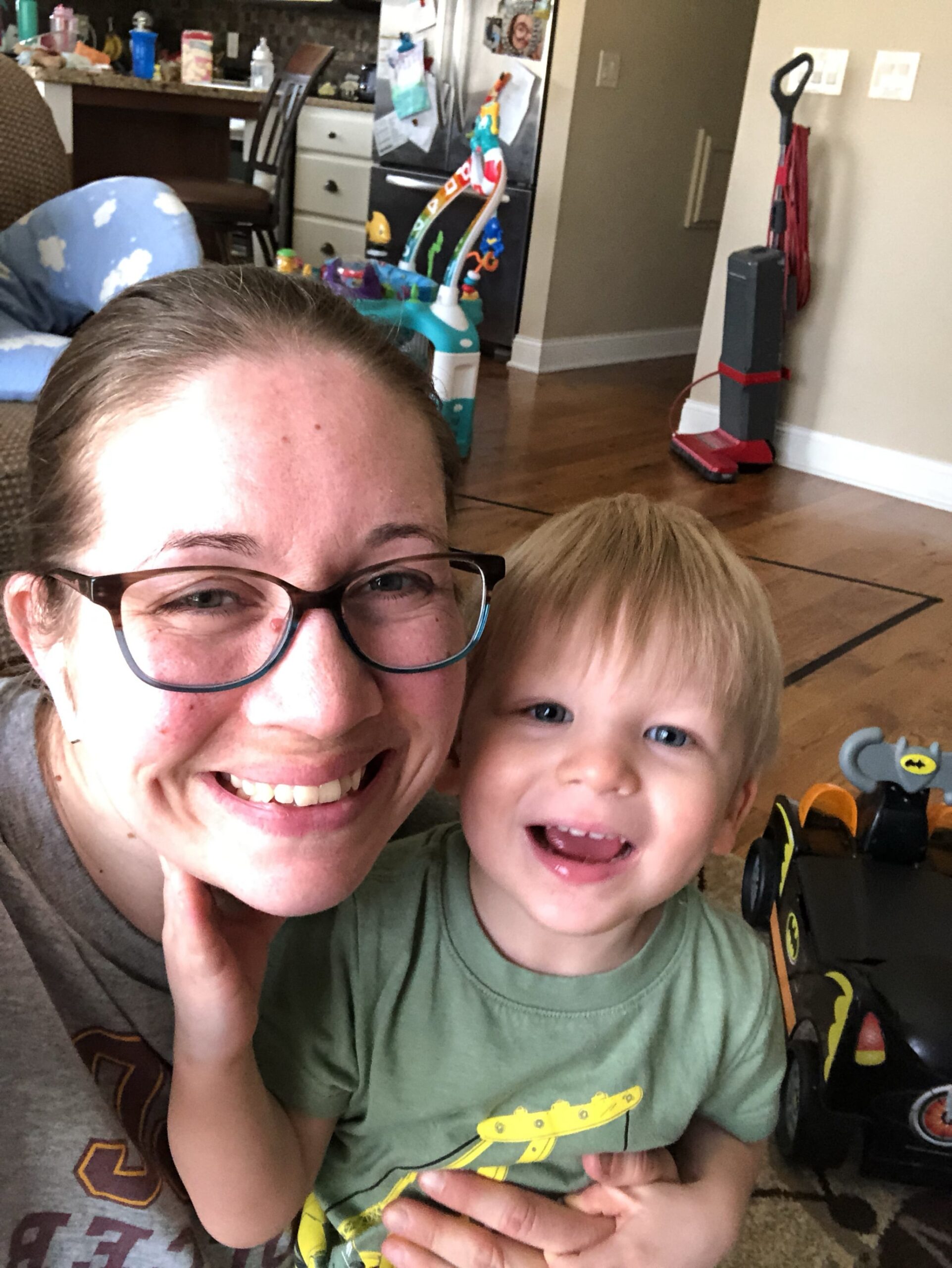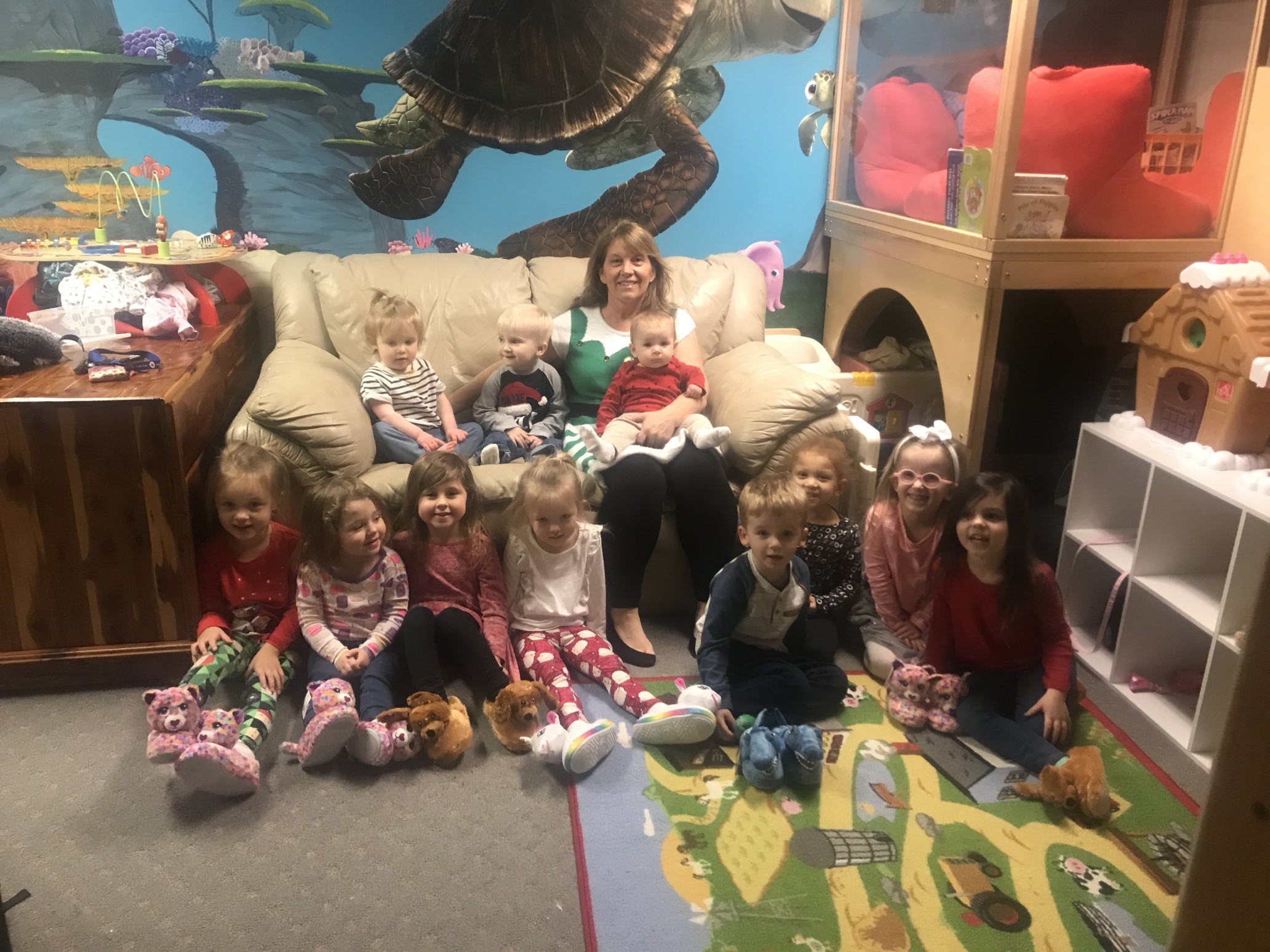
“I’m doing everything I can to ensure the families in my child care program have the financial stability they need right now and to keep everyone enrolled for the future.”
Britney Linn is a licensed family child care provider in Zimmerman, MN. A former kindergarten teacher, she has run Laugh and Learn Child Care from her Sherburne County home for four years, and hopes to continue for many more. But, as it has for so many, the COVID-19 pandemic is negatively impacting her small business and left her worrying about how she’ll pay her bills.
“I’m doing everything I can to ensure the families in my child care program have the financial stability they need right now and to keep everyone enrolled for the future.”
Linn’s child care program is still open and she is serving the children of essential employees, but her daycare families’ needs are spotty because of the pandemic. Some of her parents are keeping their kids home and paying half tuition if they can, others are now on an on-call basis at work which means they need her some days and others they don’t.
Linn and her husband have three children of their own. 1-year old twin girls and a 4-year old daughter. Although her husband is considered an essential employee and still working, she has lost a large part of her income. So much so, that she’s taken a second job at night and on the weekends with a grocery delivery service to try and supplement her losses.

Linn applied for several emergency grants, but has not received any help. She is frustrated that the applications don’t ask how the pandemic has affected each program individually.
“They should be dispersing the current funding to not only those who have an entire daycare filled with children of essential employees and haven’t lost any income, but also to those who have lost income because parents have been laid off, are not allowed to return to work because they were sick prior to the virus spreading rapidly, or only get called in for emergency procedures.”
Linn says more funding would be great, but also wants to see relief money going to a wider group. “We are open and serving our families, but, unless something changes, many family child care providers will likely end up closing – which is not what any of us want.”
